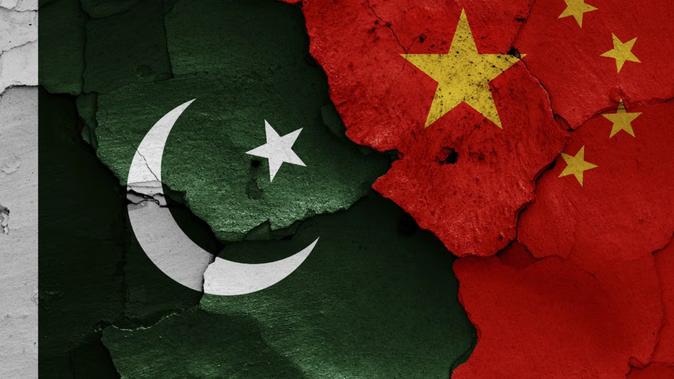PoJK Uprising: Growing Threat to Pakistan’s Stability and China’s CPEC
The protests erupting in Pakistan-occupied Jammu & Kashmir (PoJK) have rapidly moved beyond being just local demonstrations. What began as cries of discontent has now evolved into a rebellion that threatens the very foundation of Pakistan’s sovereignty, its long-standing Kashmir policy, and the future of the China-Pakistan Economic Corridor (CPEC).
Rising Voices of Independence in PoJK
The demand for independence echoing through the streets of PoJK is being closely monitored by global think tanks and security experts. Analysts warn that the uprising is no longer a minor internal issue but a major security challenge. If the unrest intensifies, Pakistan’s internal stability could shatter, leaving its decades-old Kashmir stance exposed as fragile and unsustainable.
A recent report by the Washington-based Carnegie Endowment for International Peace highlights the danger. It argues that multiple insurgent fronts—including those in PoJK, Balochistan, and Khyber Pakhtunkhwa—could weaken the very concept of the Pakistani nation-state. Such developments raise alarming questions about Islamabad’s ability to manage its territories and maintain internal cohesion.
CPEC Projects at Risk
The China-Pakistan Economic Corridor, worth billions of dollars, lies directly in the crosshairs of this crisis. Several crucial CPEC routes and projects pass through Gilgit-Baltistan and PoJK. However, rising opposition from locals has already stalled progress in several areas. With protests growing, the safety of these projects and investor confidence in Pakistan are under serious threat.
For China, the situation is equally concerning. Beijing has poured massive investments into CPEC as part of its Belt and Road Initiative. Any instability in PoJK not only delays infrastructure development but also puts China’s strategic connectivity ambitions at risk.
Strategic Crisis Deepening
Policymakers in the US and Europe believe that Pakistan is heading toward one of its gravest strategic crises in decades. The government in Islamabad is being forced to divert more military resources to control PoJK unrest, leaving other volatile regions—such as Balochistan and Khyber Pakhtunkhwa—more vulnerable. This could destabilize the country even further, creating a cycle of insecurity and unrest.
The crisis also undermines Pakistan’s image on global platforms. For decades, Islamabad has projected itself as the protector of Kashmiri rights, but the current rebellion in PoJK reveals a different reality. The world now sees Pakistan’s control over the region as rooted in suppression, rather than genuine representation of the people’s will.
Questioning Pakistan’s Kashmir Policy
Experts argue that the uprising in PoJK has placed a serious question mark on Pakistan’s Kashmir narrative. Islamabad’s long-standing claim over Kashmir is losing credibility as its own occupied territories rise against it. Moreover, the protests raise doubts about the future of CPEC, further straining Pakistan-China relations.
The unrest signals that Pakistan can no longer rely solely on repression to maintain control. Without a political solution, the crisis may spiral into the largest strategic challenge Islamabad has ever faced—one that simultaneously jeopardizes its domestic stability, international standing, and partnership with Beijing.
Conclusion
The rebellion in PoJK is more than just an internal disturbance—it is a strategic turning point for Pakistan. With sovereignty under threat, CPEC investments at risk, and the Kashmir narrative collapsing, Islamabad finds itself cornered. If the crisis deepens, it could reshape not only Pakistan’s internal dynamics but also the geopolitical balance of South Asia.
